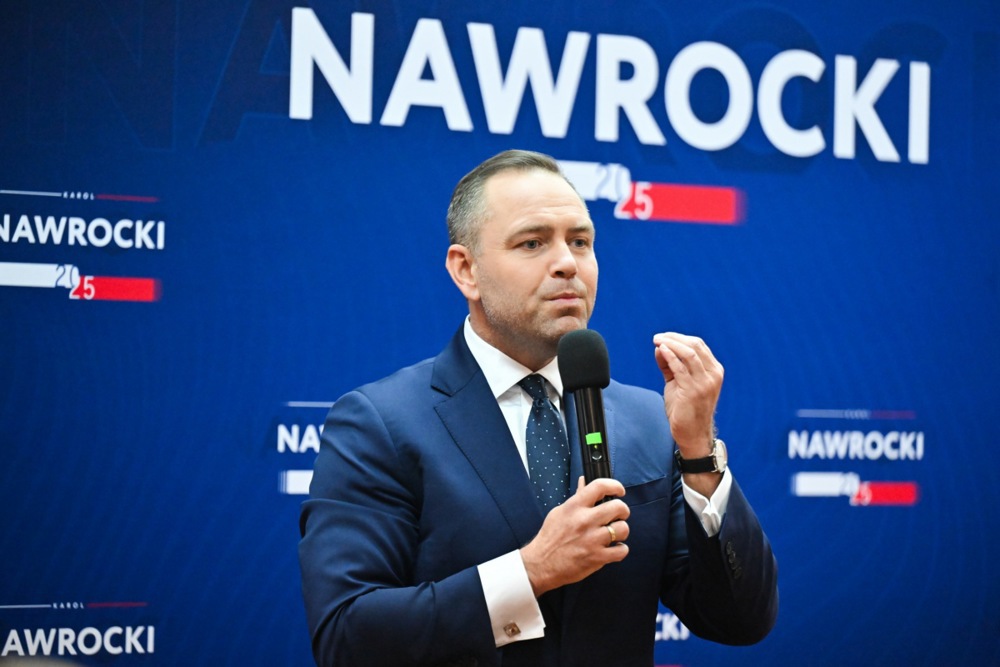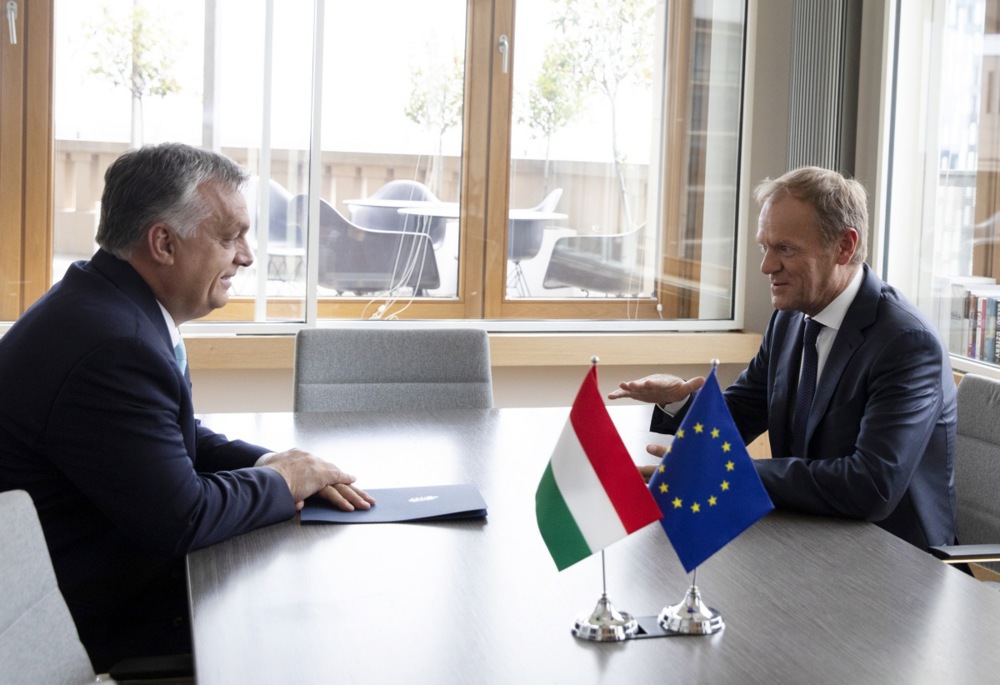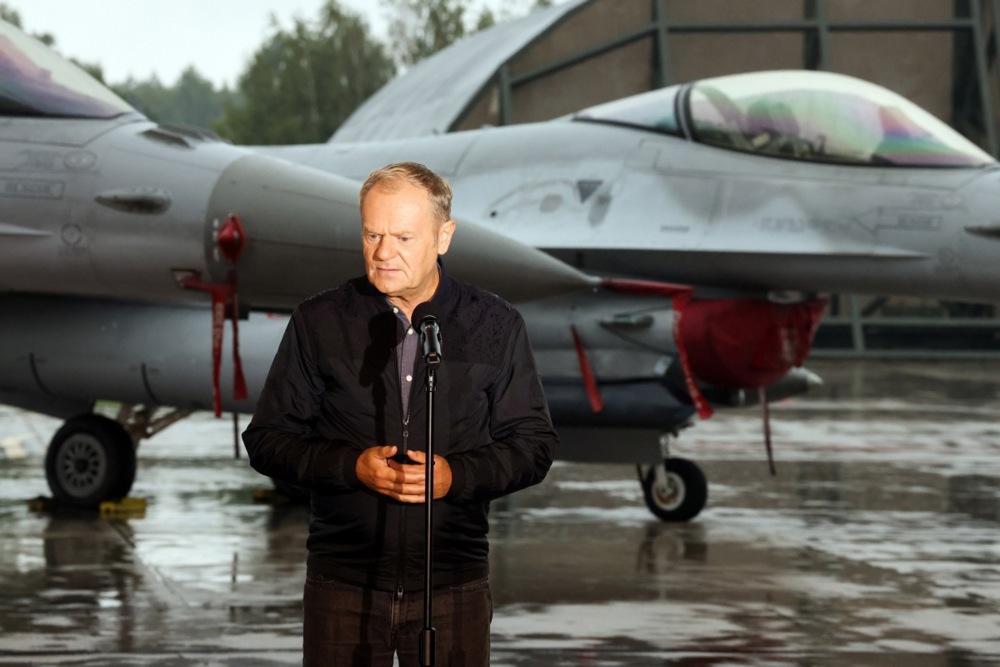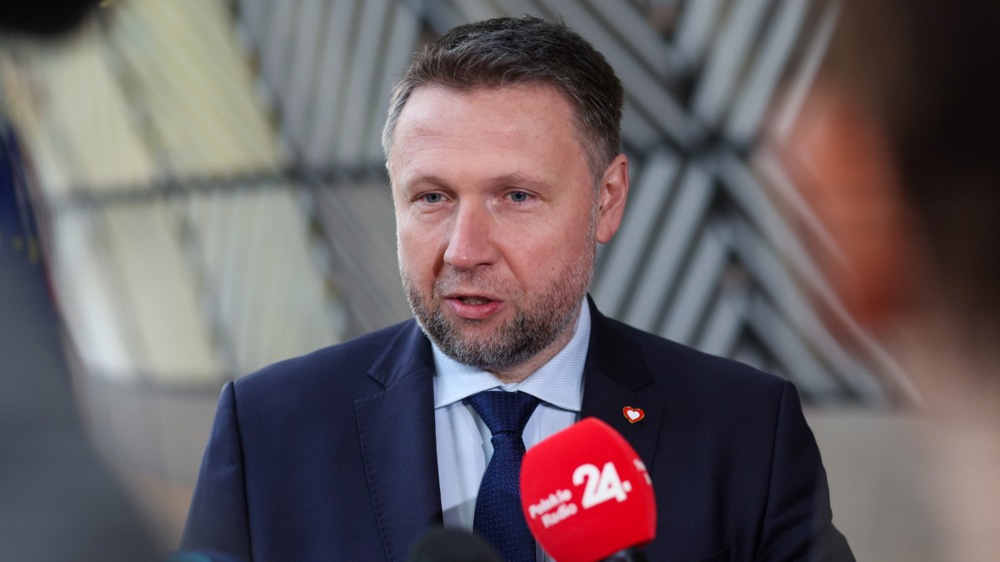Former German chancellor Angela Merkel has blamed Poland and the Baltic States for turning down a proposal for the European Union to negotiate directly with Russia on Ukraine.
Merkel, who retired as chancellor in 2021 after 16 years in office, was among the brokers of the 2014 and 2015 Minsk accords which froze the conflict in the Donbas region of Ukraine. She told Hungarian Youtube channel Partizan on October 3 that she had proposed that EU members agree a new format for negotiating with Russia in 2021, before the full-scale Russian invasion in 2022.
Following the secession of Donetsk and Luhansk, two Ukrainian regions that broke away, representatives from Russia and Ukraine and the Organisation for Security and Co-operation in Europe (OSCE), signed the first Minsk agreement in September 2014. It came after diplomacy in the Normandy format made-up of Ukraine, Russia, France and Germany that established terms for a ceasefire that Merkel claimed “brought about calm”.
But in 2015 the Russian-backed separatists engaged in heavy fighting with Ukrainian forces, leading to a new Minsk II agreement being signed that reduced the scale of the conflict but did not end it.
The former chancellor said: “Already in June 2021, I felt that [Russian President Vladimir] Putin was no longer taking the Minsk agreement seriously and that is why I wanted a new format.
“Back then we could talk to Putin directly as the EU”, claimed Merkel, before pointing the finger of blame at Poland and the Baltic states.
She told Partizan that she believes the refusal by Poland and the Baltic States to pursue such a format encouraged Putin to take the path of full-on aggression
“Some at the European Council did not support that. They were primarily the Baltic States – Latvia, Lithuania and Estonia – but Poland was also against it because they feared that we would not have a common policy towards Russia,” she said.
Merkel added that since there was no desire to reach such a common policy within the bloc, her proposal had to be dropped and no more direct EU-Russia talks were possible.
Her remarks were slammed by Poland’s Conservatives (PiS) opposition, who were in government in 2021.
Former prime minister Mateusz Morawiecki posted on social media: “Angela Merkel has confirmed that she is one of the most damaging German politicians in Europe.”
Head of the PiS parliamentary caucus Mariusz Błaszczak demanded that Polish Prime Minister Donald Tusk denounce his former ally, calling Merkel “one of the funders of the Putin regime for her role in promoting trade with Russia”. Tusk was a close ally of Merkel and the Christian Democratic Union (CDU) party she led”
PiS MEP Adam Bielan paraphrased former French president Jacques Chirac’s words about how Central Europeans had missed the opportunity to keep quiet about the war in Iraq.
“Merkel lost the opportunity to stay silent. If it had not been for her support for the Nord Stream gas pipelines Putin would not have had the funds to start this war. She has blood on her hands,” Bielan claimed.
Polish development minister Katarzyna Pełczyńska-Nałęcz, a former ambassador to Moscow, was also scathing about Merkel’s comments, saying “they were fuelling Russian propaganda”.
Russia repeatedly blamed Ukraine and the west for the failure of the Minsk agreements, saying Berlin and Paris did nothing to persuade Kyiv to fulfil its part of the deal.





